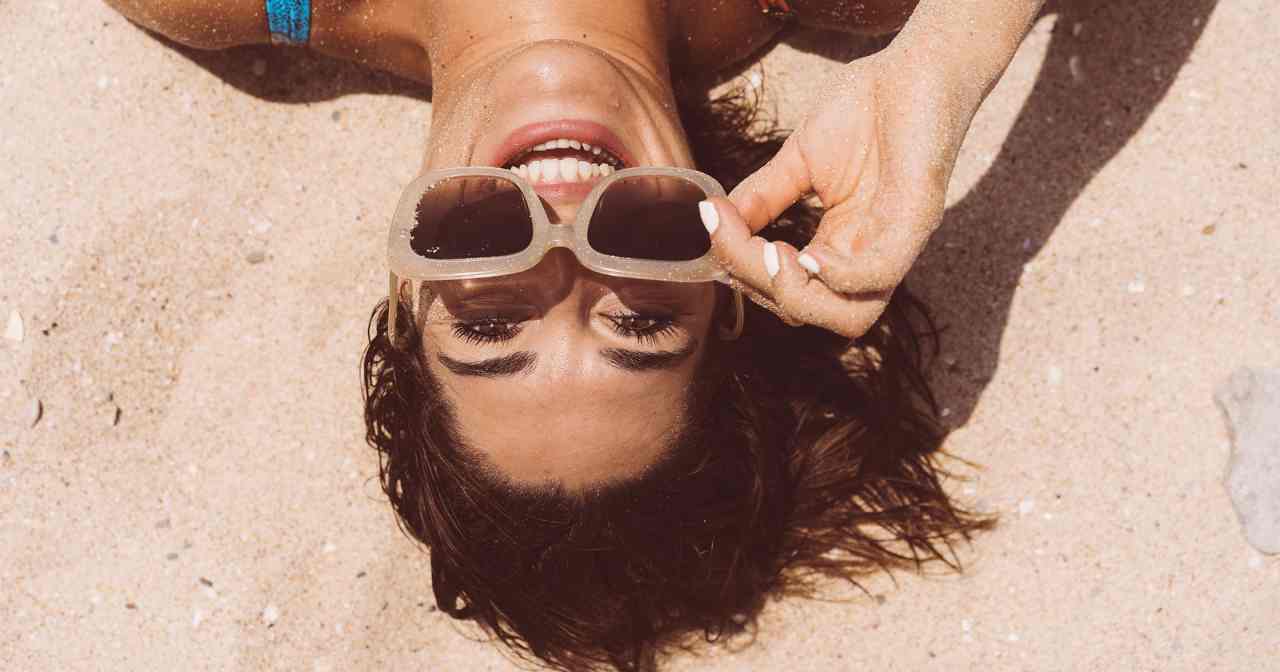
By now, slathering on sunscreen before stepping out the door should be a year-round habit, but your epidermis is not the only thing being affected by el sol. Other parts of your body can be negatively affected by the sun, sounds and soaring heat of the summer months. Here’s how to protect five of them from harm.
Kidneys
Summer Hazard: Heat
When it’s hot, you’re at a greater risk for dehydration, which over time could lead to kidney stones. “Kidney stones form because of an imbalance of salt and water within the kidneys,” says Jonathan Harper, M.D., associate professor of urology at the University of Washington in Seattle, adding that a salty diet and inactivity also can be contributing factors. While kidney stones are most common in adults 30 to 50 years old, you’re at risk even if you’re in your 20s, and high-protein diets such as Atkins, Paleo and keto can cause other urinary issues that may increase kidney-stone risk, Harper says.
Safety check: Stay active, eat a lower-salt diet and stay well-hydrated, consuming anywhere from 80 to 100 ounces of water daily. Adding electrolytes to your water can help replenish water loss from sweating and help promote hydration, and eating a diet with a healthy balance of macronutrients with plenty of fresh produce can help deflect kidney stones.
Ears
Summer Hazard: Loud Noises
Ah, the sounds of summer — fireworks, outdoor concerts, lawn mowers. Though you might associate these noises with happy, lazy days, if you’re not careful, they also could mean noise-induced hearing loss. Hearing loss generally occurs over time when noise is about 85 decibels, according to the Centers for Disease Control and Prevention. However, some hearing loss can be immediate at certain levels. “Hair cells [in the ears] can die, which will affect your hearing,” says Oliver Adunka, M.D., director of otology, neurology and cranial base surgery at The Ohio State University Wexner Medical Center in Columbus, Ohio.
Safety check: Because noise-induced hearing loss is cumulative and irreversible, your best bet is to avoid loud noises, or at least damper their effects. When doing yard work, watching fireworks or going to concerts, wear ear plugs. As for your headphones, if you can’t hear other people talking or if people have to shout to be heard from only 3 feet away, your music is too loud, according to the Center for Hearing and Communication.
How Loud are the Sounds of Summer?
| Sounds | Decibel |
| Earbuds/headphones | 85-110 dB |
| Lawn mower | 90-110 dB |
| Leaf blower | 95-115 dB |
| Concert | 100-120 dB |
| Fireworks | 150-175 dB |
Vagina
Summer Hazard: Heat and Humidity
Who doesn’t love wearing yoga pants all day or kicking it at the pool in your swimsuit? Trouble is, bacteria loves heat, and when you lounge around in warm, wet clothes, you’re creating the perfect foster home for millions of yeasty beasties. Bacteria trapped in your clothing close to your body means a greater likelihood of infection, and you might even notice higher amounts of vaginal discharge as a result of the heat, says Leah S. Millheiser, M.D., director of the Female Sexual Medicine Program at Stanford University. Vulvar irritation, especially if one labia is longer than the other, also can be more prevalent in summer.
Safety check: Change your clothes immediately after working out, and if you’re prone to infections, keep a dry bathing suit to swap out with the wet one between dips. To prevent or quell irritation from chafing, put Vaseline on your labia three to four times a day, especially before exercising.
Eyes
Summer Hazard: Ultraviolet Rays
Just like your skin, your eyes need protection from the sun. However, 27 percent of Americans don’t wear sunglasses, according to The Vision Council. “Conditions like macular degeneration, cataracts and sunburn of the eyes can occur from excessive UV exposure,” says Jeffrey Anshel, O.D., optometrist in Encinitas, California, and author of Smart Medicine for Your Eyes (Square One, January 2011), adding that the effect of this exposure is cumulative.
Safety check: Always don sunglasses when you’re outside, even when it’s cloudy; UV rays still penetrate clouds like a knife through butter. Choose sunglasses with both UVA and UVB protection and polarized lenses, especially if you’re frequently around water. If you wear them, opt for UV-protective contact lenses for an added layer of protection. And don’t forget to wear a hat with a brim, which shades your face from direct UV rays, Anshel says.
Feet
Summer Hazard: Flip-Flops
Because they don’t offer any support, flip-flops may cause issues when worn for prolonged durations of walking and standing. “They could affect your gait and posture, which can lead to a tremendous amount of stress not only to the feet but also the rest of the body,” says Miguel Cunha, DPM, founder of Gotham Footcare in New York City. Flip-flops alter the biomechanics and distribution of pressure and weight across your feet, which can cause overpronation, and because there’s little to no support, your toes have to grip the shoe with each step, causing strain and tendonitis. What’s more, if you have underlying issues like hammertoes, arch or heel pain, or shinsplints, flip-flops could worsen these conditions.
Safety check: Several companies now offer ergonomic, biomechanically correct flip-flop options with arch support, heel stabilization and extra cushioning. If you have traditional rubber shoes with no support, wear them only in short bursts, perhaps just to and from the pool or a quick step in and out of the house. Of course, if you don’t have any foot issues, you could technically go for longer periods, as long as you’re not feeling any pain.
We independently source all of the products that we feature on oxygenmag.com. If you buy from the links on our site, we may receive an affiliate commission, which in turn supports our work.

